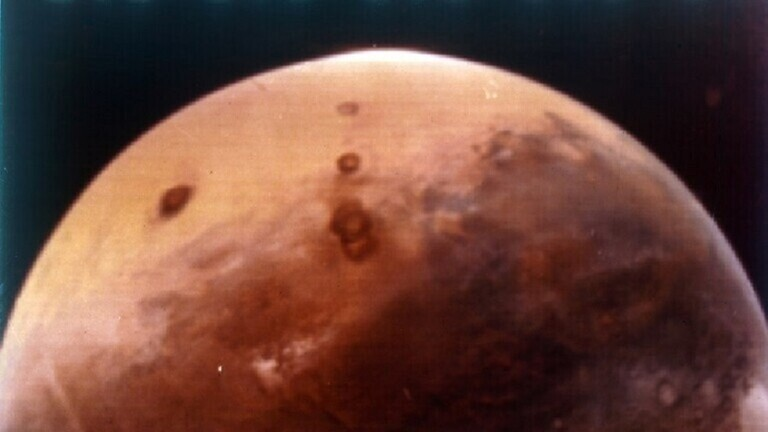Russian scientists: Mars' cold atmosphere helps water evaporate into space

The Russian-European orbital probe "Exomars" discovered that the low temperatures in the upper layers of the Martian atmosphere do not prevent the rapid evaporation of water from it to space, but rather help it.
This was reported Monday, October 10, by the head of the laboratory at the Institute of Space Studies of the Russian Academy of Sciences, Anna Fedorova, at the 13th Congress of the Study of the Solar System in Moscow. She said this often occurs in temperatures as low as 180 degrees on the Kelvin scale. This process is similar to the emergence of very cold clouds in the stratosphere of the Earth above its poles.
It is noteworthy that planetary scientists recently announced rivers, lakes and fresh water seas that were in the distant past on the surface of Mars. Scientists said that the amounts of water it contained can be compared to the amount of water in the Arctic Ocean on Earth, and scientists cannot yet say when this water appeared and how it disappeared from the surface of Mars.
One of the missions of the Russian-European Mars ExoMars mission is to investigate the possible causes of the disappearance of Martian water. In particular, scientists discovered one year ago that dust storms that occur on the surface of Mars accelerate the evaporation of water from the atmosphere into open space.
The researchers discovered another feature of Mars that may have affected the disappearance of its water resources, through the observations they made by the Russian ACS device carried by the orbiting probe. Ultraviolet radiation, which accelerates the evaporation of water into open space, as these rays break water molecules and help their components to escape into space.
Source:websites

